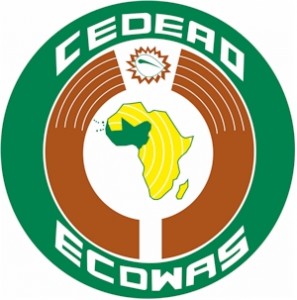The ECOWAS Regional Electricity Regulatory Authority (ERERA) is the regulator of regional cross-border trade of electricity in West Africa and the regional regulator of cross border electricity interconnections in West Africa. The commitment of ECOWAS Member States to achieve electricity interconnections for the pooling and sharing energy resources in the region is translated into action through the adoption of a number of provisions to establish appropriate legal and institutional framework for the development of the electricity sector in West Africa. The desire of Member States of the Economic Community of West African States (ECOWAS) to realize electricity interconnections through the joint implementation and sharing of energy resources of the region has manifested in the adoption of an Energy Protocol designed to put in place the appropriate legal and institutional environment for the development of the electricity sector of West Africa.
Within the framework of the Energy Protocol and the West African Power Pool Program (WAPP), the Member States of ECOWAS in January 2008 established the ECOWAS Regional Electricity Regulatory Authority (ERERA) by Supplementary Act A/SA.2/1/08 as a specialized institution of ECOWAS. ERERA’s main objective is to ensure the regulation of interstate electricity exchanges and to give appropriate support to national regulatory bodies or entities of the Member States. ERERA’s governance structure is provided by Council Regulation C/REG.27/12/07 of 15th December 2007 on the Composition, Organization, Functions and Operations of the Authority while it’s headquarters is located in Accra, Ghana.
Mission and Objectives
- Regulation of cross-border electricity connections and trading among ECOWAS member states,
- Establishment of clear and transparent tariff setting methodology for regional power pooling,
- Facilitating the setting up of regulatory and economic environment for the development of the regional market,
- Technical regulation of the regional power pooling and monitoring of regional market operations,
- Assisting the ECOWAS Commission in defining the strategy for the regional energy policy,
- Establishing effective dispute resolution methods among regional market participant
- Assisting national regulatory bodies in ECOWAS on capacity building and technical issues upon request.

















